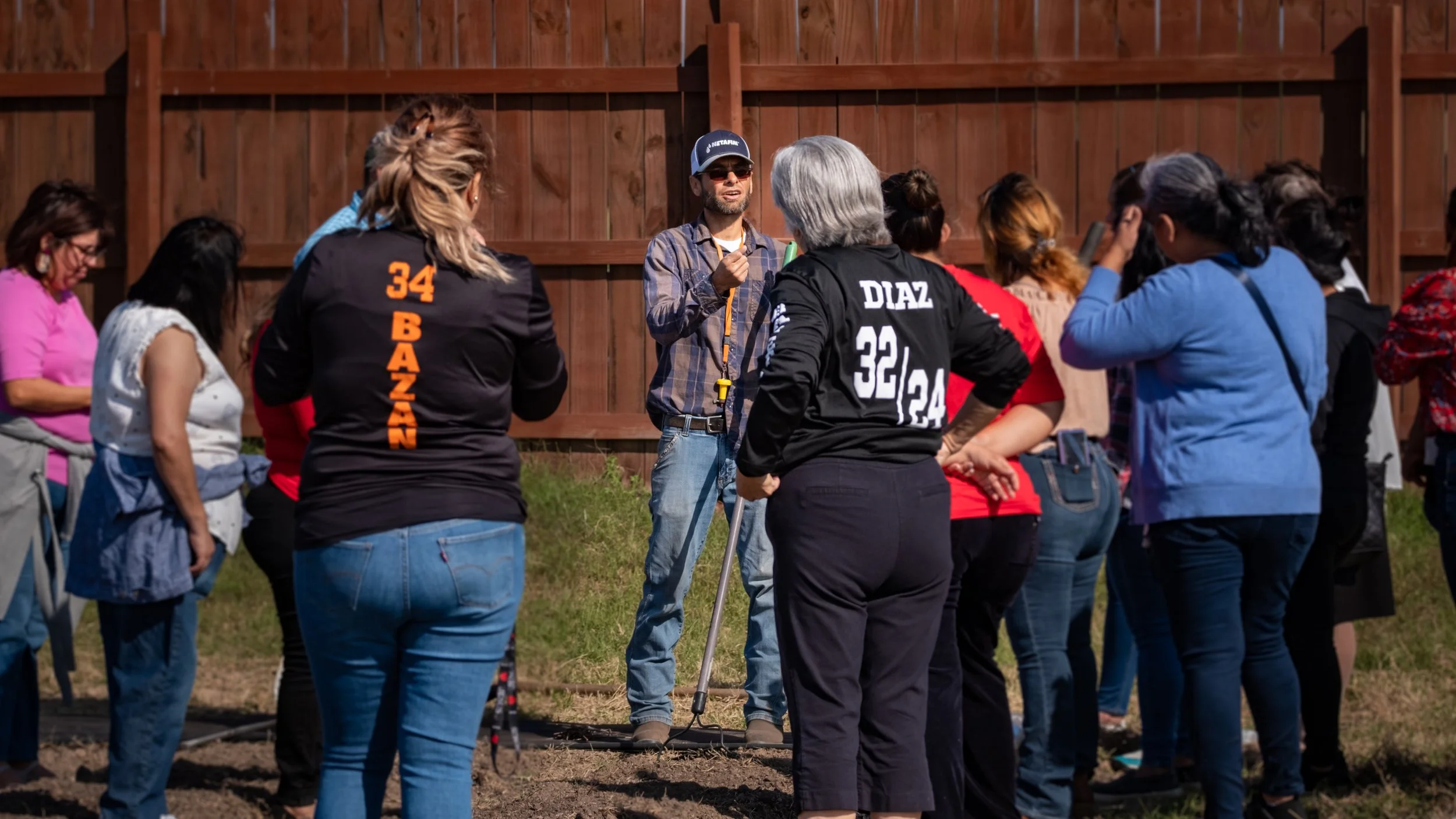What is a Cooperative?
According to the International Cooperative Alliance (ICA), “a cooperative is an autonomous association of persons united voluntarily to meet their common economic, social, and cultural needs and aspirations through a jointly-owned and democratically-controlled enterprise.”
Co-op owners have the right to make decisions, receive profit, and direct the strategy for their business.
Cooperative Values
The cooperative values as outlined by the ICA are self-help, self-responsibility, democracy, equality, equity, and solidarity. Participants of cooperatives also believe in the following cooperative principles.
Cooperative Types and Industries
The Seven Cooperative Principles
Voluntary and Open Membership
Cooperatives are voluntary organizations, open to all persons able to use their services and willing to accept the responsibilities of membership, without gender, social, racial, political or religious discrimination.
Democratic Member Control
Cooperatives are democratic organizations controlled by their members, who actively participate in setting their policies and making decisions. Men and women serving as elected representatives are accountable to the membership. In primary cooperatives members have equal voting rights (one member, one vote) and cooperatives at other levels are also organized in a democratic manner.
Member Economic Participation
Members contribute equitably to, and democratically control, the capital of their cooperative. At least part of that capital is usually the common property of the cooperative. Members usually receive limited compensation, if any, on capital subscribed as a condition of membership. Members allocate surpluses for any or all of the following purposes: developing their cooperative, possibly by setting up reserves, part of which at least would be indivisible; benefiting members in proportion to their transactions with the cooperative; and supporting other activities approved by the membership.
Autonomy and Independence
Cooperatives are autonomous, self-help organizations controlled by their members. If they enter into agreements with other organizations, including governments, or raise capital from external sources, they do so on terms that ensure democratic control by their members and maintain their cooperative autonomy.
Education, Training, and Information
Cooperatives provide education and training for their members, elected representatives, managers, and employees so they can contribute effectively to the development of their co-operatives. They inform the general public - particularly young people and opinion leaders - about the nature and benefits of co-operation.
Cooperation among Cooperatives
Cooperatives serve their members most effectively and strengthen the cooperative movement by working together through local, national, regional and international structures.
Concern for Community
Cooperatives work for the sustainable development of their communities through policies approved by their members.
There are many cooperative types, with each one catering to different needs of members.
-
Worker-owned cooperatives are typically either business start-ups or conversions from an existing business.
They choose the business model, and management and wage structure. They file business formation documents and ensure the business has sufficient capital to begin operating!
Workers control the business, and share profits equitably. -
A community can create a co-op to meet a shared need for access to certain goods or services. A classic example of this are grocery co-ops, but consumers can form co-ops to access any type of good or service.
-
Producers of a good or service collaborate to sell or market together. Typical producer-owned cooperatives are agricultural marketing cooperatives, which can exist at any scale. Artists, artisans, and independent contractors can also form cooperative structures to enable them to sell or market their products under a shared brand or platform.
-
Housing cooperatives provide communities access to shelter as a shared asset. In some cases, the property is owned by a cooperative association, and in other cases the property is held by a non-profit and membership with the co-op provide access to the property.
Cooperatives can form in any industry or business type.
Key industries include:
-
The food service industry is notorious for its exploitative nature and toxic workplace dynamics. Cooperatives are game-changers in establishing healthier environments for food service workers. Some restaurant co-ops include Black Star Co-op Pub and Brewery in Austin, and Arizmendi Bakery with several locations across Northern California.
-
Tech cooperatives have largely grown in numbers over the past decade as small start-ups seek to create a thriving, equitable industry with opportunities for work-life balance, less hierarchy in management, and fair wages. Tech co-ops include Web Hosting Co-op in Austin, and Throneless Tech in Washington.
-
This field is extremely broad and includes child care, elder care, home cleaning, and a multitude of skilled work that has been traditional undervalued- much less paid- in Western society. Workers in this industry often suffer low wages and limited autonomy. Cooperatives place management power into the hands of workers, offering opportunities to gain job leadership and skills training. Domestic work cooperatives include eQuality Home Care Cooperative in New Braunfels and Up & Go Home Cleaning in Philadelphia.
-
These industries are great examples of communities and consumers using collective power to meet their needs. Similar to other service industries, grocery and retail workers may find themselves in situations of labor exploitation, further highlighting the importance of establishing fair and safe workplace practices and wages.

